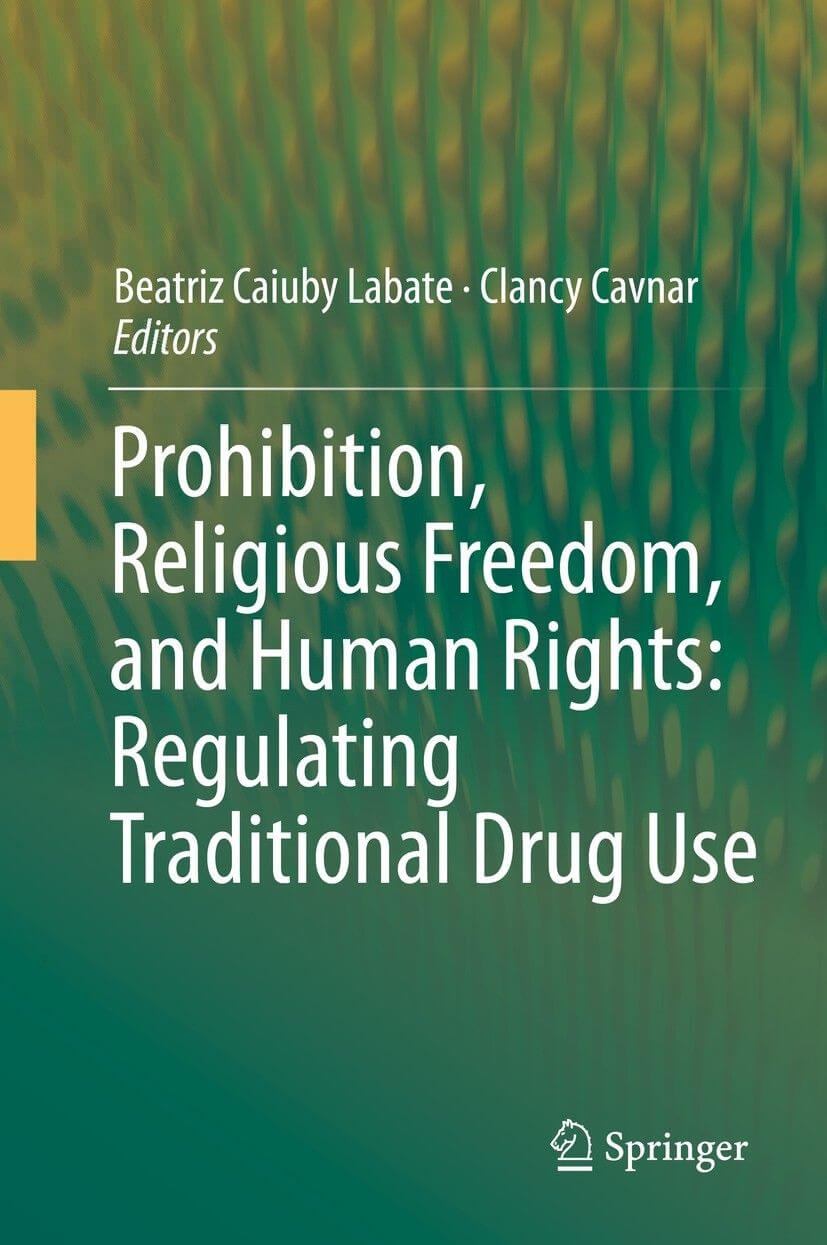
Cannabis and the Psychedelics: Reviewing the UN Drug Conventions
Book chapter in Prohibition, Religious Freedom, and Human Rights: Regulating Traditional Drug Use, pp 189-210
Author: Amanda Feilding
Editors: Beatriz Caiuby Labate and Clancy Cavnar
Year: 2013
Abstract
The current international prohibitionist approach to the regulation of psychoactive drugs causes serious harms. It creates an illicit market that is responsible for conflict and corruption; denies medication to the world’s poorest; and impedes scientific research into the potential benefits of psychoactive substances. Moreover, it undermines the personal and societal benefit of allowing people to do things that they value, so long as they do not harm others. At the heart of the problem lie the three UN Drug Conventions, which mandate a one-size-fits-all criminalizing approach on all parties. The work of the Beckley Foundation’s Global Cannabis Commission, and a new Beckley Foundation Report on reforming the UN Drug Conventions, spell out how countries—acting alone or, better, in concert with other like-minded nations—could work within the framework of international law in order to implement drug policies that better meet their own special needs and circumstances. Recent initiatives for reform, emanating mostly from the drug-producing and transit countries of Latin America, provide encouraging signs that progress is within our grasp.
You can purchase the whole book Prohibition, Religious Freedom, and Human Rights: Regulating Traditional Drug Use from Amazon, or a separate chapter from Springer.
Podcast
- All
Links
- All
Support
- All
BIPRP
- All
Science Talk
- All
Amanda's Talks
- All
- Video Talk
- Featured
- 2016 Onwards
- 2011-2015
- 2010 and Earlier
- Science Talk
- Policy Talk
One-pager
- All
Music
- All
Amanda Feilding
- All
Events
- All
Highlights
- All
Psilocybin for Depression
- All
Current
- All
Category
- All
- Science
- Policy
- Culture
Substance/Method
- All
- Opiates
- Novel Psychoactive Substances
- Meditation
- Trepanation
- LSD
- Psilocybin
- Cannabis/cannabinoids
- Ayahuasca/DMT
- Coca/Cocaine
- MDMA
Collaboration
- All
- Beckley/Brazil Research Programme
- Beckley/Maastricht Research Programme
- Exeter University
- ICEERS
- Beckley/Sant Pau Research Programme
- University College London
- New York University
- Cardiff University
- Madrid Computense University
- Ethnobotanicals Research Programme
- Freiburg University
- Medical Office for Psychiatry and Psychotherapy, Solothurn
- Beckley/Sechenov Institute Research programme
- Hannover Medical School
- Beckley/Imperial Research Programme
- King's College London
- Johns Hopkins University
Clinical Application
- All
- Depression
- Addictions
- Anxiety
- Psychosis
- PTSD
- Cancer
- Cluster Headaches
Policy Focus
- All
- Policy Reports
- Advisory Work
- Seminar Series
- Advocacy/Campaigns
Type of publication
- All
- Original research
- Report
- Review
- Opinion/Correspondence
- Book
- Book chapter
- Conference abstract
- Petition/campaign
Search type
